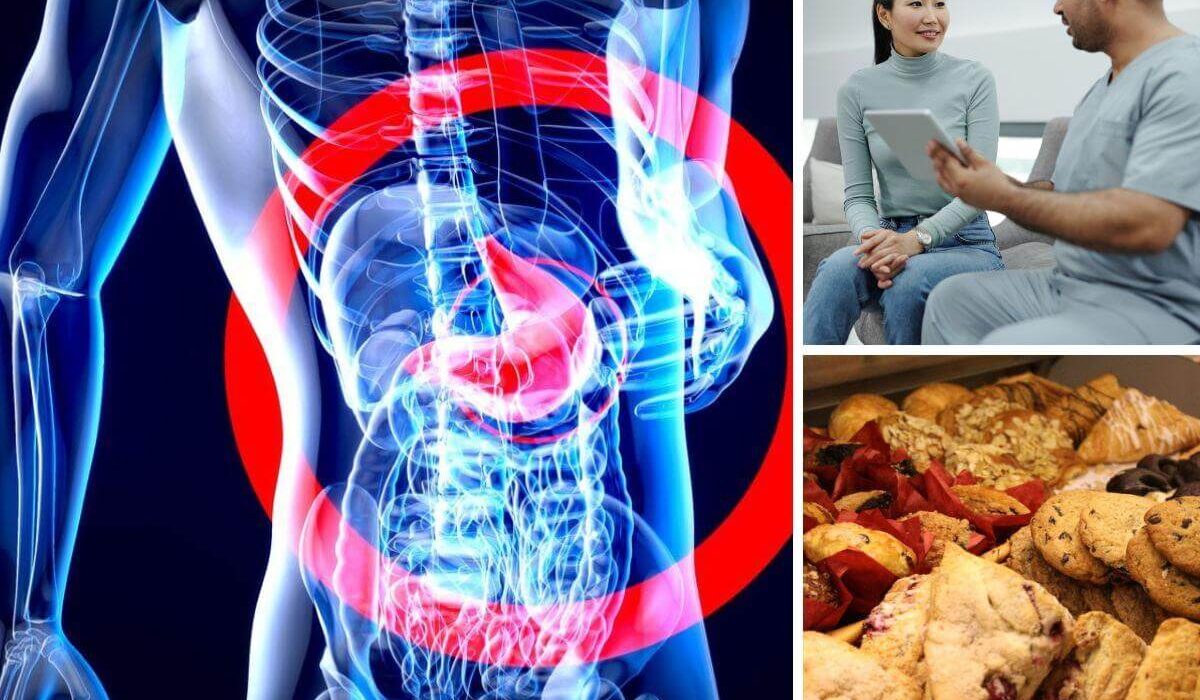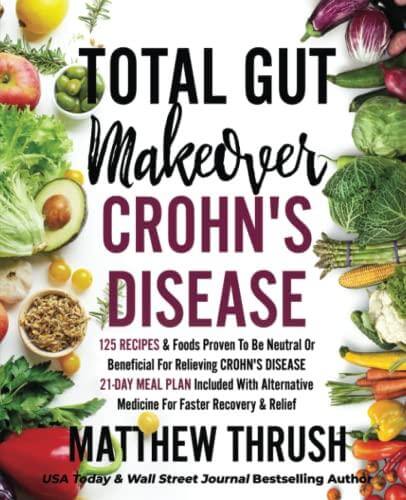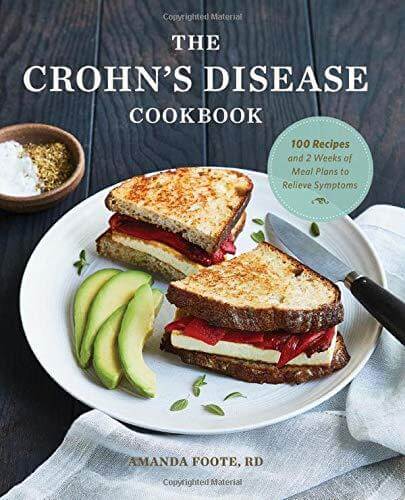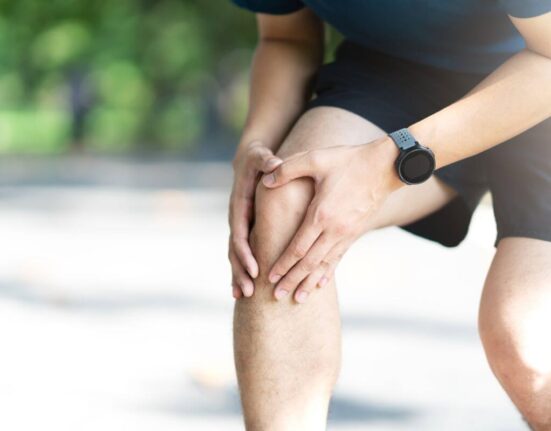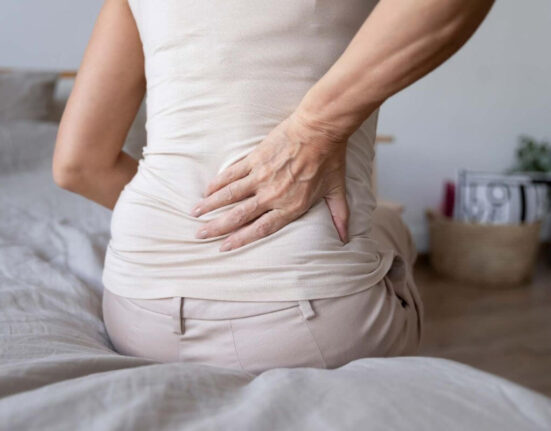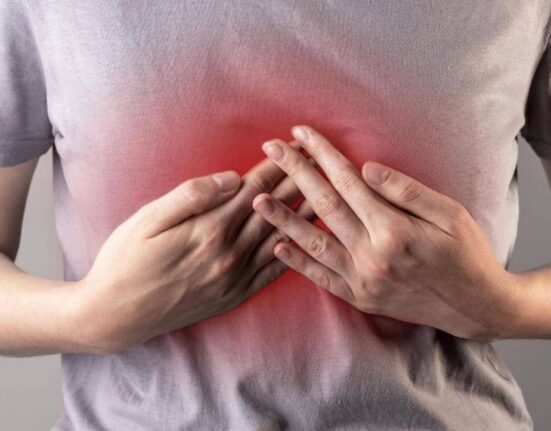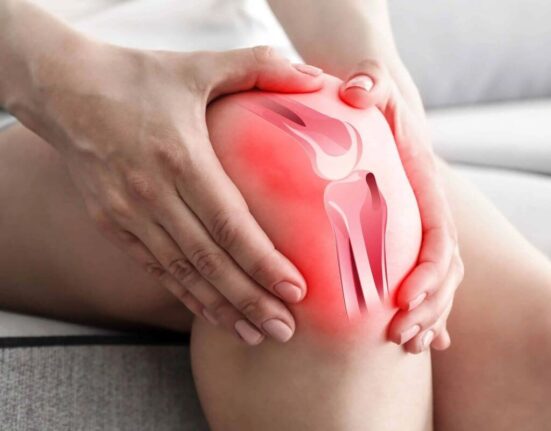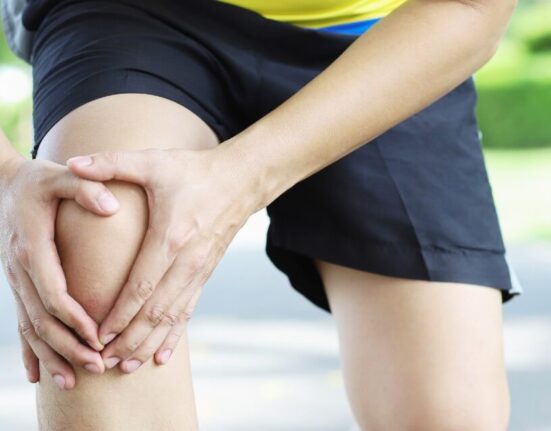Take the Quiz: Could You Have Crohn’s Disease?
Do you think you may have Crohn’s disease but aren’t sure? If so, you’re not alone. Whether you are experiencing abnormal abdominal pain, difficulty with digestion, or any other symptoms that could be related to Crohn’s, it can be hard to know for sure.
That is why we have created this quiz to help you determine if a visit to your doctor is in order. Keep reading to ask yourself these questions, but first, we will look at the top 9 symptoms of Crohn’s disease.
9 Possible Symptoms That May Point to Crohn’s Disease: Do You Have Any of These?

- Persistent Diarrhea
One of the most common signs of Crohn’s disease is persistent diarrhea. Diarrhea is defined as loose, watery stools that occur more than three times per day. For people with Crohn’s disease, diarrhea can be severe and may lead to dehydration.

- Abdominal pain and cramping
Another common symptom of Crohn’s disease is abdominal pain and cramping. This pain is typically located in the lower right side of the abdomen and may be aggravated by eating.

- Blood in stools
Blood in the stool is another common symptom of Crohn’s disease. The blood may be visible or invisible, and it may be accompanied by mucus or pus.
- Unintentional weight loss
Weight loss is a common symptom of Crohn’s disease, particularly when the disease is active. People with Crohn’s disease may lose weight due to decreased appetite, malabsorption, or increased energy expenditure.
- Fever
Fever is another symptom that may be associated with Crohn’s disease. A fever is defined as a body temperature above 100.4 degrees Fahrenheit.

- Fatigue
Fatigue is a common symptom of Crohn’s disease that can be caused by a number of factors, including anemia, malnutrition, or inflammation.

- Mouth Sores
Mouth sores are another possible symptom of Crohn’s disease. These sores, which are also known as aphthous ulcers, typically appear as small red or white bumps on the inside of the mouth. They can cause pain and make it difficult to eat or drink.
- Skin Problems
Skin problems are another possible symptom of Crohn’s disease. People with Crohn’s disease may experience rashes, itching, or skin lesions. The most common skin problem associated with Crohn’s is erythema nodosum, which appears as red bumps on the legs and arms.
- Joint Pain
Joint pain is another possible symptom of Crohn’s disease. The joint pain is typically intermittent and may be accompanied by swelling or redness.

Evaluation
If you have #1, 2, 3, and 7, a trip to the doctor’s office is highly recommended to determine what the issue is exactly. Having these symptoms for a prolonged period of time shows that there are problems and inflammation in the digestive tract that need to be addressed.
To zero in on your digestive issues even more so-
Keep reading to take the “Do I have Crohn’s Disease Quiz”

You may choose to ask an integrative or holistic practitioner for solutions that are non-pharmaceutical or non-invasive.
Gathering at least two opinions from different medical disciplines is a helpful approach, as Western medicine’s solution for Crohn’s disease is the treatment of the symptoms, often with medication or surgery, while Chinese medicine aims to get to the root of the problem rather than simply address symptoms.
Chinese medicine’s approach to Crohn’s disease symptoms
There are a few different treatment solutions that a practitioner of Chinese medicine might give to someone with Crohn’s disease symptoms. Some of the most common treatments include acupuncture, herbal therapy, and dietary therapy.
- Acupuncture
For acupuncture, the practitioner might use a number of different techniques to target specific areas along the meridians that correspond to the digestive system. The goal is to help clear any obstruction or stagnation in these areas and restore balance within the body.
For more on acupuncture and it’s vast potential in helping in the healing process of gut issues and more:
https://thewellthieone.com/acupuncture-affordable-products-for-everyone/

- Herbal Therapy
Herbal therapy is another common treatment approach in Chinese medicine. There are a number of herbs that have been traditionally used to treat digestive issues, and the practitioner will likely choose a blend of herbs specifically tailored to the individual’s needs.
Do I have Crohn’s disease? Quiz
Ask yourself these questions and evaluate if you have the following symptoms.
Let’s get started!
- Changes in Bathroom Habits
The first question in our quiz will ask about any potential changes in your bathroom habits. This can include anything from having:
- more frequent bowel movements than usual.
- experiencing diarrhea over a period of time
- having less frequent bowel movements than normal
- For extended periods of time, you may experience constipation.
All of these can potentially be signs of Crohn’s disease, so it is important to take note if you experience any of them.
- Diet
Next up, we want to ask about your diet and what changes may have occurred as a result of your symptoms. Have you found yourself:
- Avoiding certain foods due to abdominal pain or bloating?
- Are there certain foods that seem to make your digestive issues worse?
Keeping track of these types of changes and their impact on your symptoms can help provide clues as to whether or not you really do have Crohn’s disease. This is important information to give to your healthcare practitioner on your appointment day.

Diet is important to keep us healthy on a wholistic level. If your digestive tract is giving you pain and problems, it is important to start adjusting your diet accordingly with good information backing up your decisions like this one:
Total Gut Makeover: Crohn’s Disease:
– 125 Recipes & Foods Proven To Be Neutral Or Beneficial For Relieving Crohn’s Disease
– 21-Day Meal Plan Included With Alternative Medicine For Faster Recovery
And for yummy recipes to make your new healthy food habits to combat Crohn’s Disease symptoms, with hundreds of positive reviews, this cookbook is key:
The Crohn’s Disease Cookbook
– 100 Recipes
– 2 Weeks of Meal Plans to Relieve Symptoms
- Duration of symptoms
- How long have your symptoms been occurring?
- How severe they may be at various times of dayKeep track of the times of day when symptoms worsen or occur the most.
Knowing how long the symptoms have been present and how intense they have become can help provide an even more accurate picture about whether or not this could be Crohn’s disease.
For even more in depth information on signs and symptoms of Crohn’s disease, JJ Medicine provides a value packed 15 minute video guide you:
Concluding thoughts about whether or not you have Crohn’s disease
Whether you suspect Crohn’s disease or simply want to ensure that everything in your digestive system is in order, this helpful quiz will provide you and your healthcare practitioner with insight into what may be going on inside your body.
Whether it is time for a visit with a physician who specializes in intestinal diseases such as Crohn’s disease or an expert in Chinese medicine, providing them the answers to the questions and considerations above will be most helpful.
Your health is worth keeping track of, so keep records of the time and duration you experience the symptoms listed above.
We hope you feel better soon!
More from thewellthieone.com
The links used on thewellthieone.com are affiliate links, which may provide a small commission. This does not increase the price of the goods for the consumer whatsoever. What it does is ensure that useful content like this can continue to be produced. Thank-you for enjoying our content and allowing us to continue to provide more.

